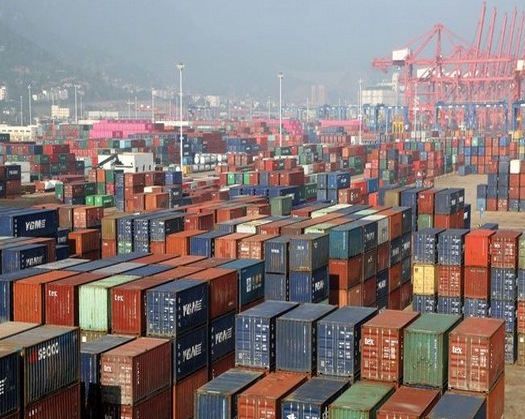New Delhi: According to an Axis Securities research, the domestic automobile industry is predicted to see strong export growth in two-wheelers (2W), commercial vehicles (CV), and passenger vehicles (PV), while domestic sales are expected to remain a mixed bag.
According to the report, the overall domestic twowheeler (2W) market had a slight 2% increase in wholesale volumes in June 2025.
This was primarily attributed to a strong 35% year-on-year (YoY) increase in exports. However, domestic two-wheeler (2W) sales fell 3% year on year, revealing a gap between export and domestic market performance.
It stated, Continue to See Export Growth in 2W/CV/PV; Domestic Mixed Bag. Jun '25 Wholesale Volumes: The entire domestic 2W industry saw a 2% marginal increase in volumes, owing to an outperformance in exports.
In June 2025, passenger vehicle (PV) domestic sales plummeted 7-8% year on year. This was owing to reduced volumes reported by key OEMs such as Hyundai, Tata Motors (TaMo), and Maruti Suzuki.
However, Mahindra & Mahindra (M&M), JSW MG, and Toyota's strong performances partially offset the decline. In Q1FY26, domestic PV wholesales decreased by 01% YoY.
Exports were exceptionally robust, increasing by 37%, 68%, 13%, and 36% for Maruti, Tata Motors, Hyundai, and M&M, respectively.
The report anticipates that total PV volumes will increase in the low to mid-single digits in FY26.
In the CV segment, the report proxy for domestic dispatches recorded a modest 2% year-on-year decrease on a year-to-date (YTD) basis in Q1 FY26.
Among OEMs, VECV, M&M, and Maruti reported domestic volume increases of 9%, 4%, and 7% YoY, respectively. Tata Motors posted a 9% year-on-year decrease, while Ashok Leyland's volumes were stable.
The research predicts flat to low single-digit growth for CV players in FY26, driven by strong demand in the bus sector.
Twowheeler shipments continued robust in Q1FY26, up 22% YoY, even as the domestic sector fell by 6% YoY.
According to the report, potential upside triggers for domestic 2W demand include a rebound in rural demand, new product introductions, government support for consumption (such as tax breaks for the middle class), and OEM inventory replenishment.
Overall, the report shows a favorable trend in exports, but local demand varies by section and manufacturer.











